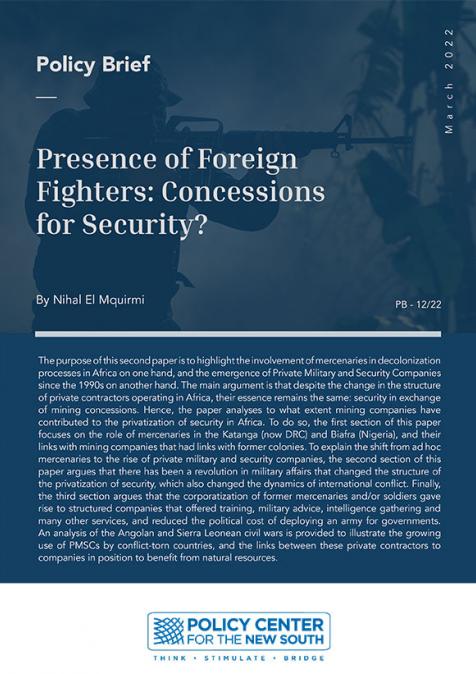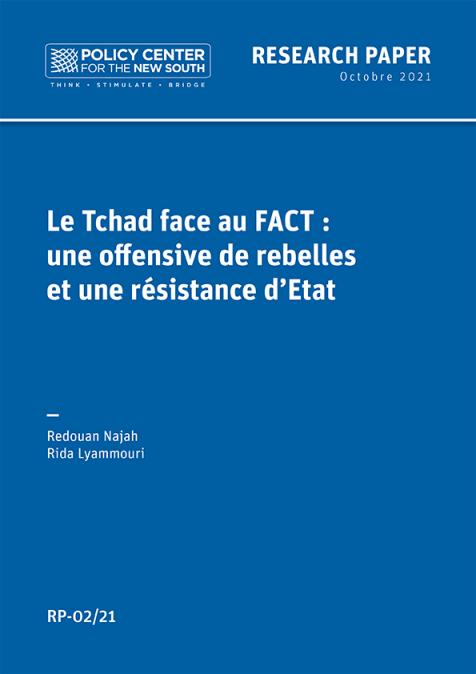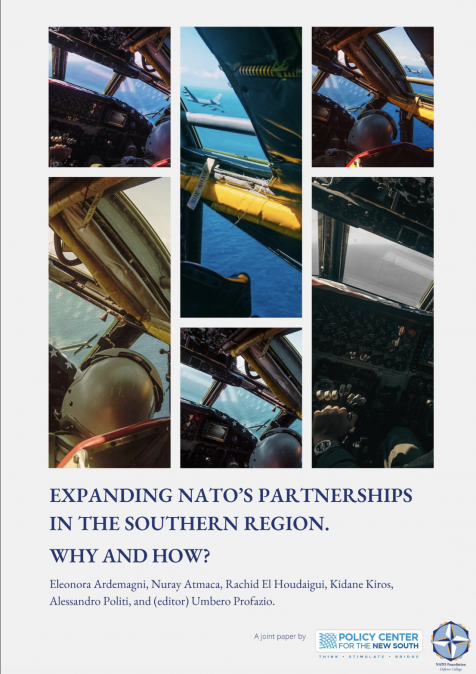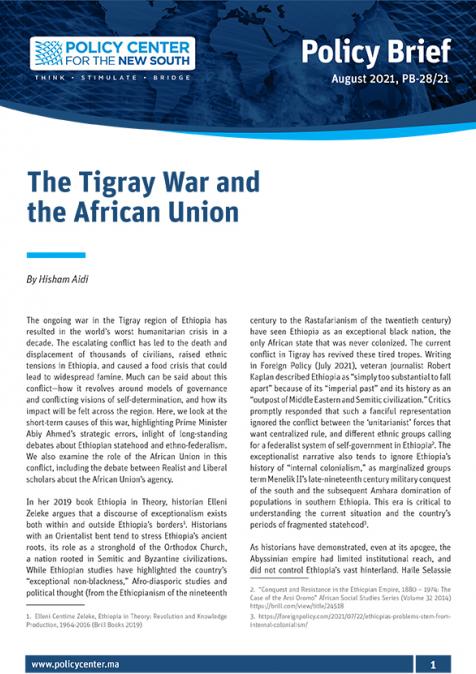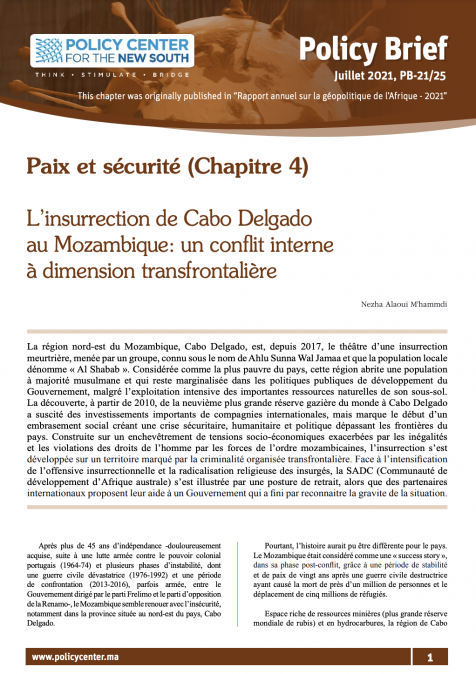Publications /
Policy Brief
The purpose of this second paper is to highlight the involvement of mercenaries in decolonization processes in Africa on one hand, and the emergence of Private Military and Security Companies since the 1990s on another hand. The main argument is that despite the change in the structure of private contractors operating in Africa, their essence remains the same: security in exchange of mining concessions. Hence, the paper analyses to what extent mining companies have contributed to the privatization of security in Africa. To do so, the first section of this paper focuses on the role of mercenaries in the Katanga (now DRC) and Biafra (Nigeria), and their links with mining companies that had links with former colonies. To explain the shift from ad hoc mercenaries to the rise of private military and security companies, the second section of this paper argues that there has been a revolution in military affairs that changed the structure of the privatization of security, which also changed the dynamics of international conflict. Finally, the third section argues that the corporatization of former mercenaries and/or soldiers gave rise to structured companies that offered training, military advice, intelligence gathering and many other services, and reduced the political cost of deploying an army for governments. An analysis of the Angolan and Sierra Leonean civil wars is provided to illustrate the growing use of PMSCs by conflict-torn countries, and the links between these private contractors to companies in position to benefit from natural resources.

